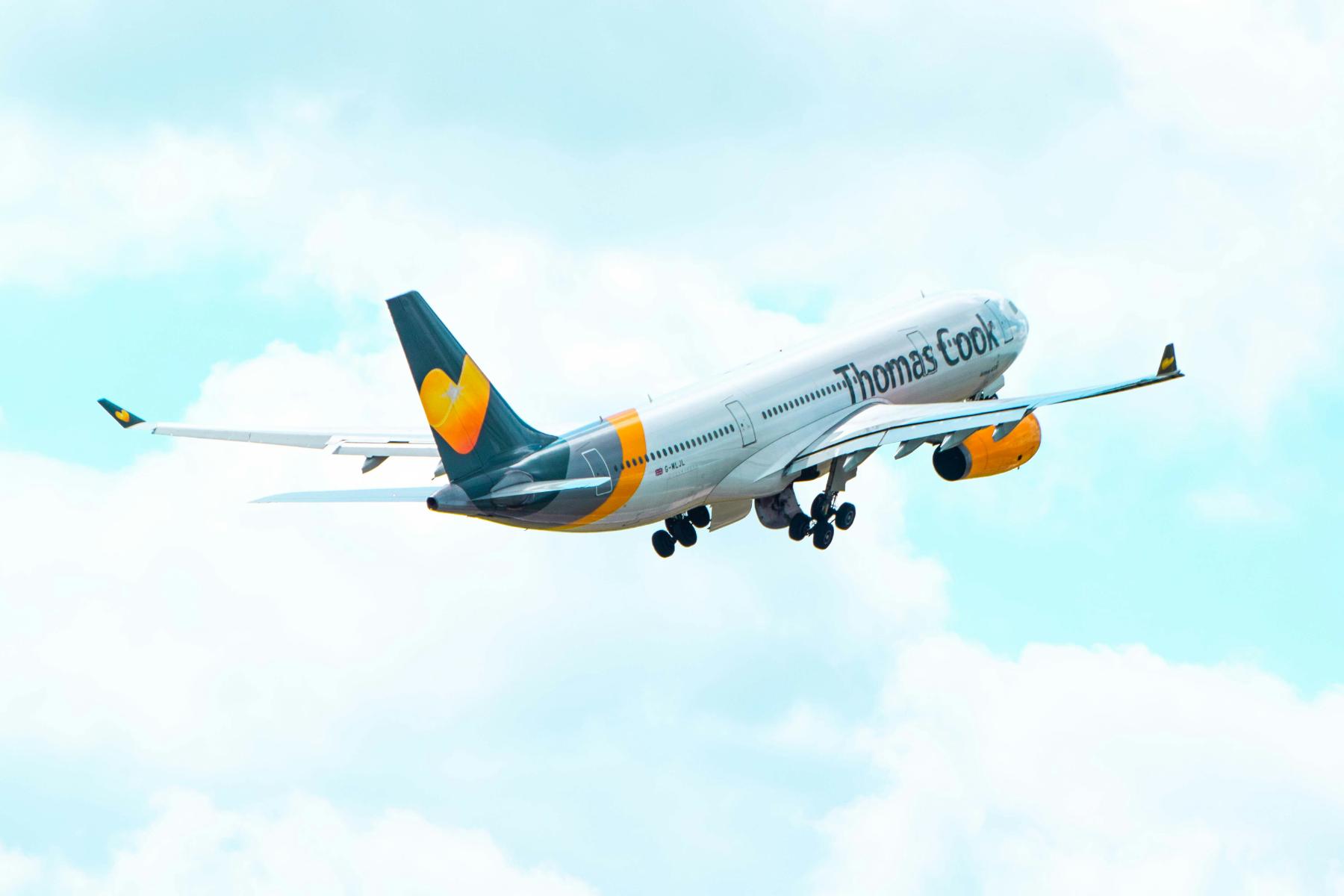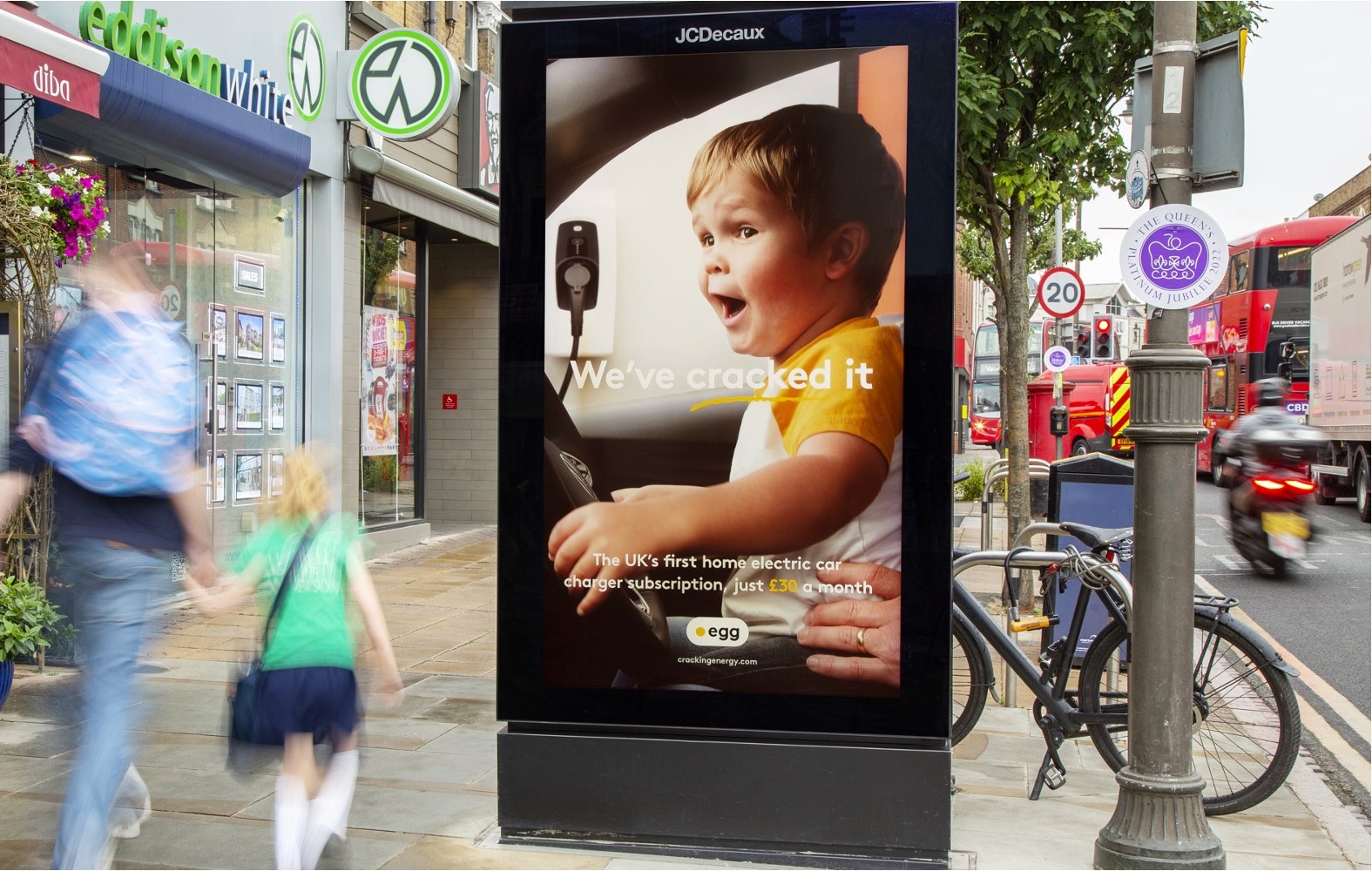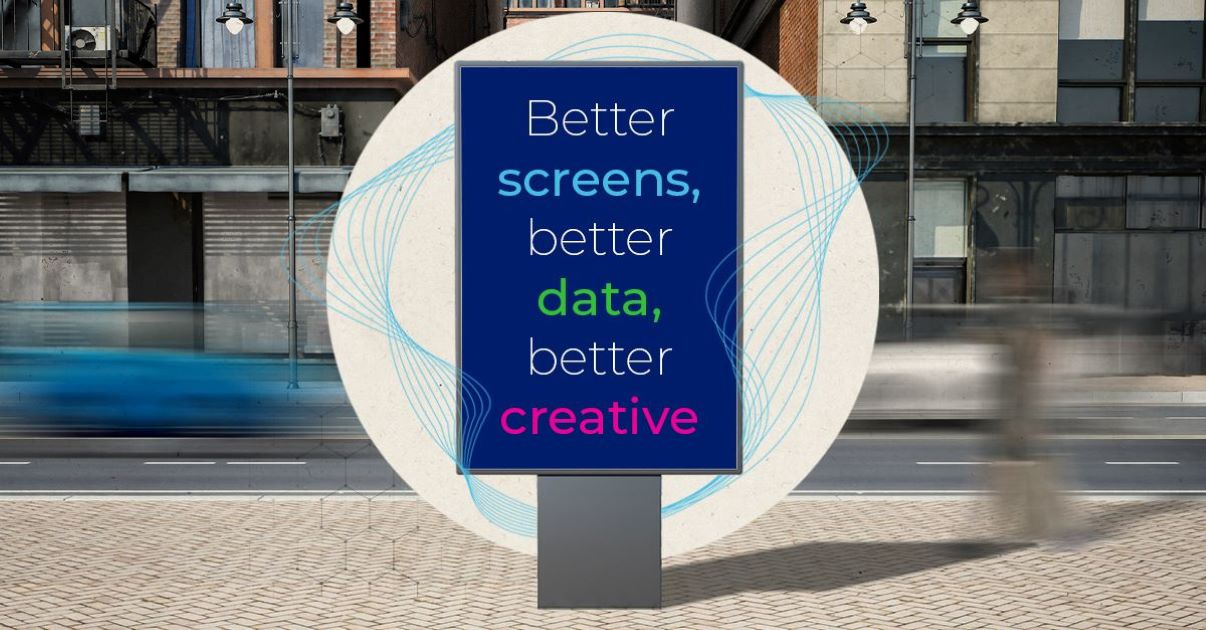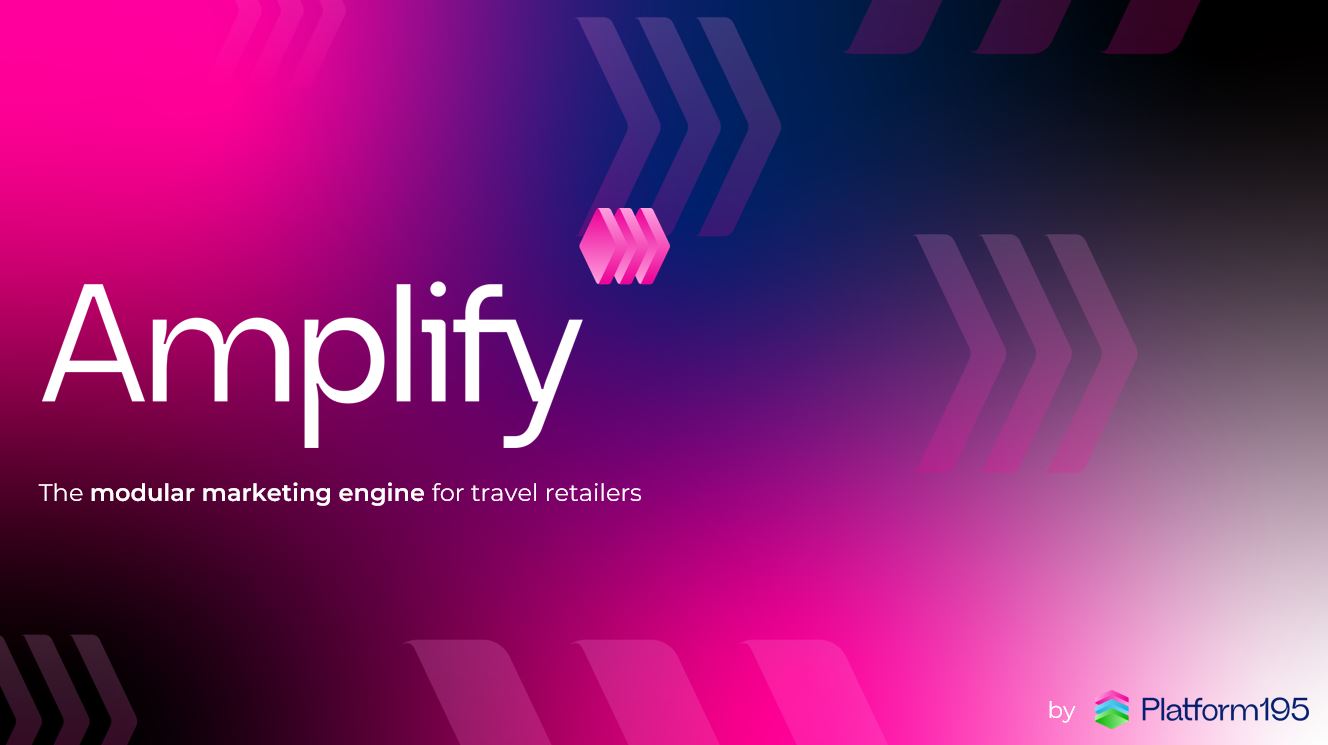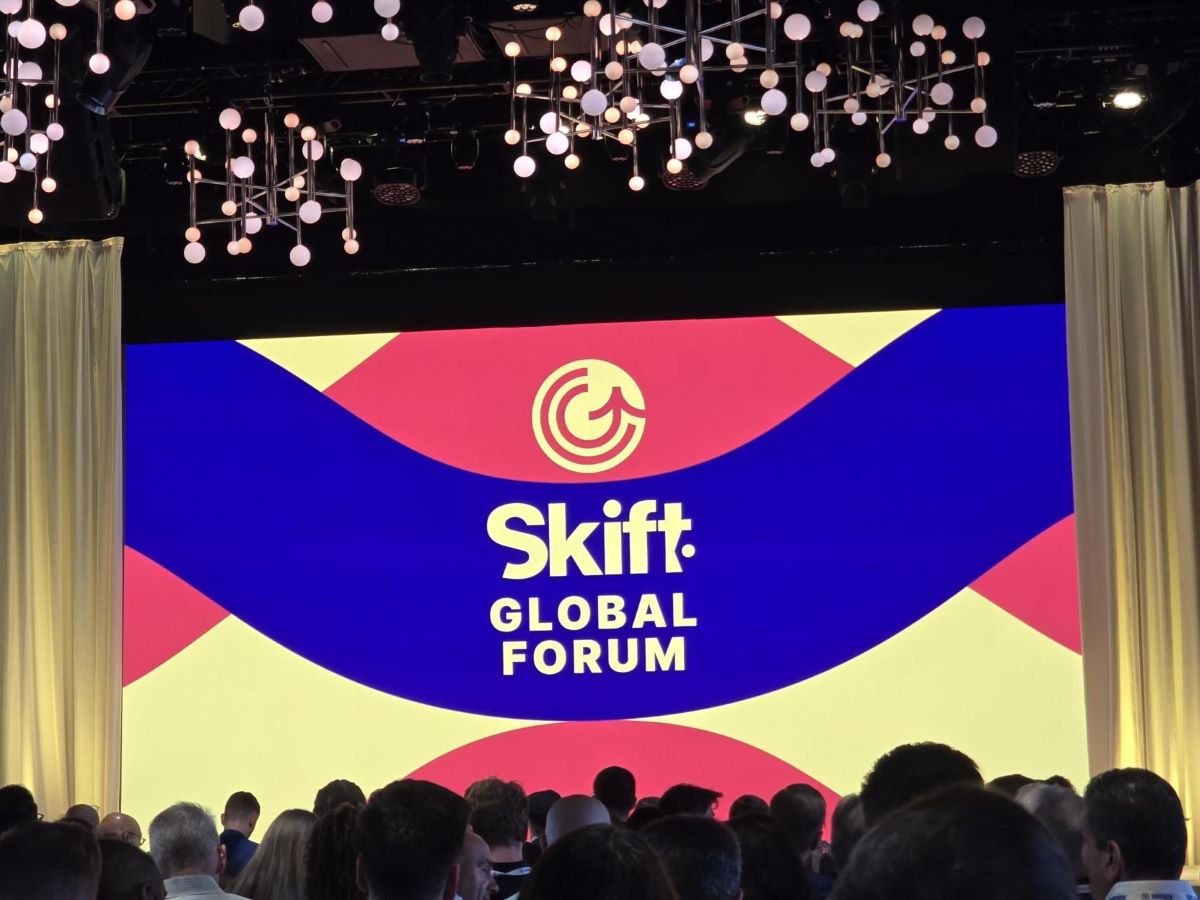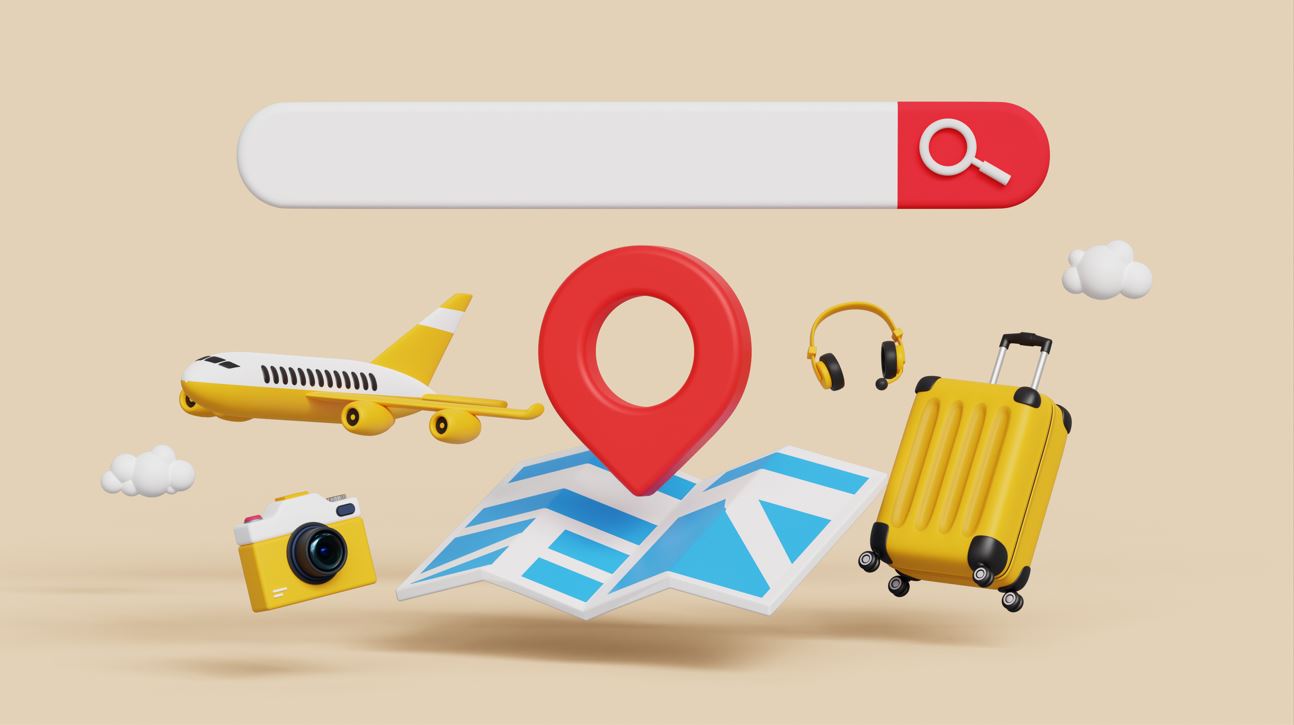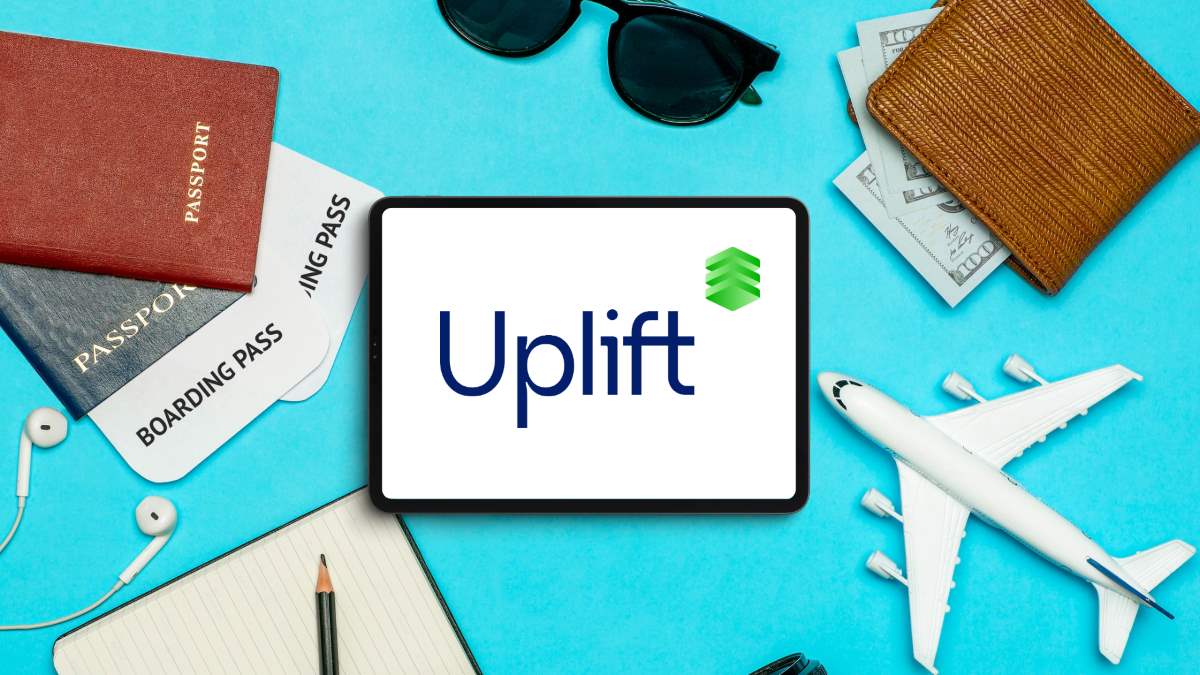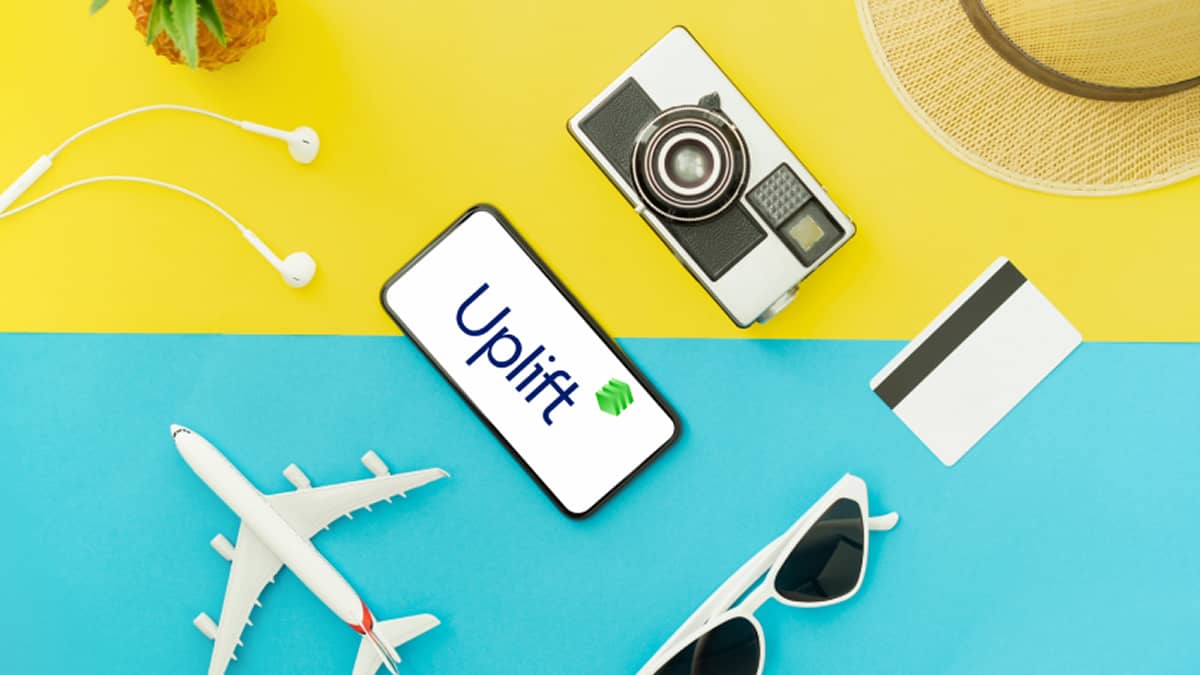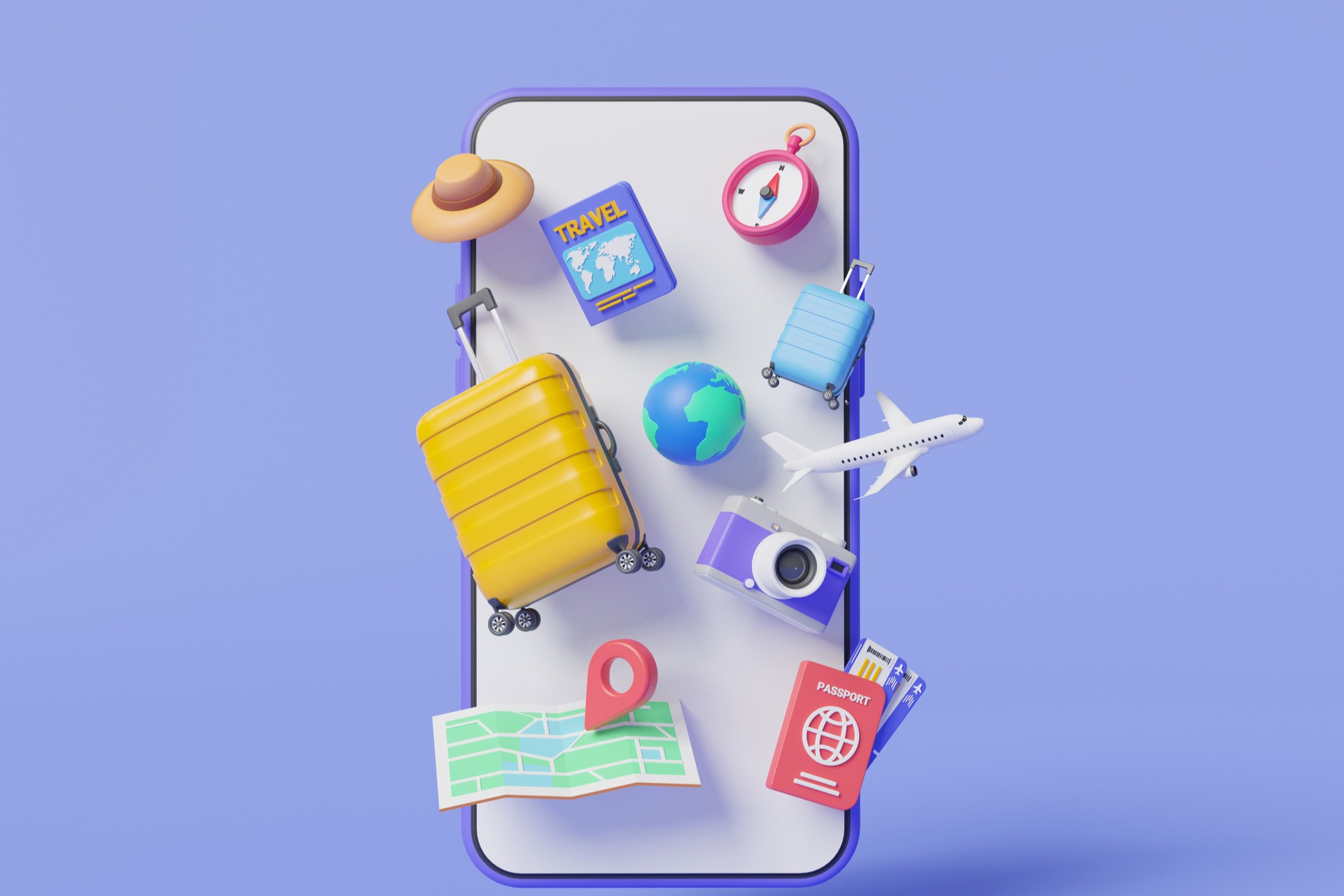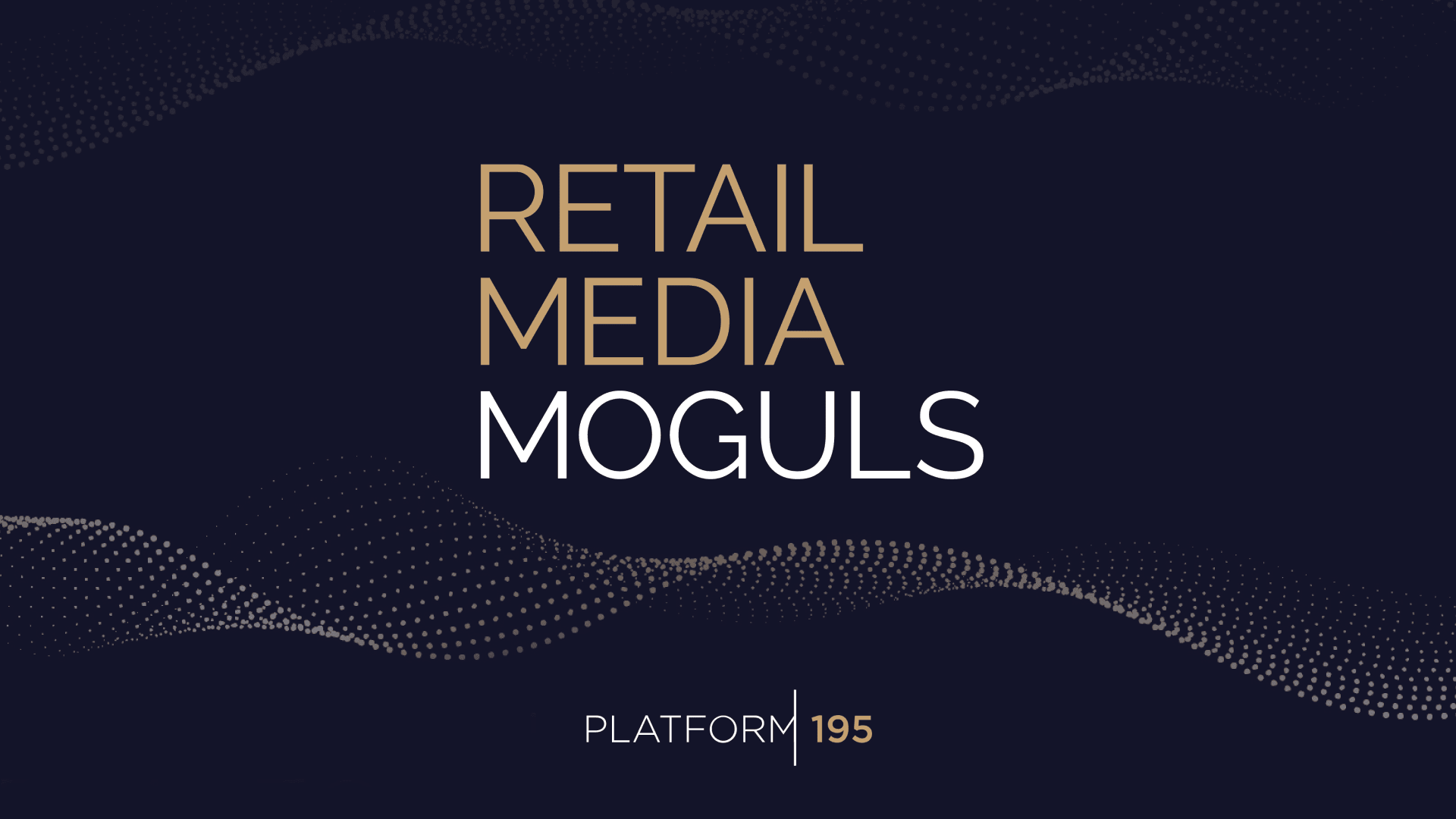What ChatGPT integrations mean for OTAs

In our recent article, we explored how Google’s AI Overviews are reshaping the way travel brands appear in search results. Another new wave of change is already underway and this time it’s being driven by large language models (LLMs) like ChatGPT.
Earlier this month, OpenAI announced the launch of in-chat Apps, with Expedia Group and Booking.com named as its first travel partners. Integrated directly into OpenAI’s app marketplace, travellers can now plan and book trips within ChatGPT itself.
Prompts like “What’s the best hotel in Sydney?” now surface live listings, prices, and booking options powered by OTAs, not by Google.
It’s a significant step forward for ChatGPT, and one that signals a deeper shift in how travel discovery and decision-making are beginning to happen.
From keywords to conversations
For two decades, search visibility has been built on keywords, rankings, and clicks. But LLMs operate on a different logic. Instead of returning a list of links, they deliver conversational answers, curated, context-rich, and designed to feel more human.
“The biggest difference is that users are no longer scanning results, they’re getting an answer. In that sense, LLMs don’t just change how people search, they also change what happens next,” says Dan Jenkins, Head of Client Services at Platform 195.
Where a traditional journey involved multiple touchpoints, Google, comparison sites, brand websites, a chat interface can collapse all of that into a single exchange. For OTAs that already dominate paid and organic space, this represents an opportunity to own discovery in a new environment.
The new gatekeepers of travel discovery
According to Dan, for Booking.com and Expedia, integration with ChatGPT is about more than awareness, it’s about visibility, data, and influence.
“These integrations give OTAs a front-row seat in how travellers plan. If the conversation starts inside ChatGPT, and those models are pulling OTA data first, then they’re shaping the user’s decision before they even reach Google,” explains Dan.
In practice, the first recommendation may no longer be a search result at all, it’s a generated answer from an LLM, powered by OTA partnerships.
For now, only the largest players are inside this ecosystem, but the signal is clear, the interface of travel discovery is changing.
The risk for smaller brands
For non-partnering OTAs and independent travel brands, the primary concern is visibility, followed closely by competition. If travellers start and stay within AI ecosystems that prioritise integrated partners, other brands risk being excluded from the discovery journey altogether.
“AI was supposed to level the playing field. But what we’re seeing is that those with data access and early partnerships are taking the lead,” says Dan.
This doesn’t mean smaller brands can’t compete, but it does mean understanding how AI systems interpret and surface information is becoming just as important as traditional SEO once was.
The platform trade-off
For OTAs, integration brings both reach and risk. It opens up a new discovery channel but also places them inside someone else’s ecosystem, one where the rules are still being written.
“Just as Google became the gatekeeper for web traffic, AI platforms could become the gatekeepers for conversation traffic. If that happens, OTAs risk becoming data providers rather than destinations,” explains Dan.
When booking journeys take place inside ChatGPT, the OTA’s content still powers the experience, but the interface, and potentially the customer relationship, belongs to OpenAI. At this point, visibility only has value if it translates into bookings, relationships, or actionable insight.
Looking ahead
While ChatGPT already generates revenue through subscriptions and app integrations, it hasn’t yet introduced paid visibility or advertising models. If that happens, the dynamics will shift again, with brands competing for position inside AI conversations, much as they once did on Google.
At the same time, Google is clearly responding. Its AI Overviews and emerging conversational search features are designed to keep users within its own ecosystem, combining curated AI-driven results with longer-form, context-rich answers. The result is an intensifying race between platforms to own not just the query, but the entire discovery experience.
For now, the opportunity belongs to early movers. But as AI ecosystems mature, the balance of control between platform and partner will matter more than ever.
The integrations between ChatGPT, Expedia, and Booking.com are just the beginning. They mark a new phase in how travel discovery is mediated, conversational, data-driven, and platform-controlled.
The next question for every OTA isn’t if this change will impact them, it’s how ready they are when it does.
Where to now?
At Platform 195, we help OTAs and travel brands transform complexity into clarity.
From retail media strategy and partner monetisation to search visibility and campaign execution, we bridge the gap between data, technology and performance, helping travel brands stay relevant and commercially strong in an AI-driven world.
Talk to us about how we can help you adapt and grow in this next era of search.
Ready to grow your brand?
Whether you're just starting out or looking to take your retail media and marketing to the next level, Platform 195 is here to help.



